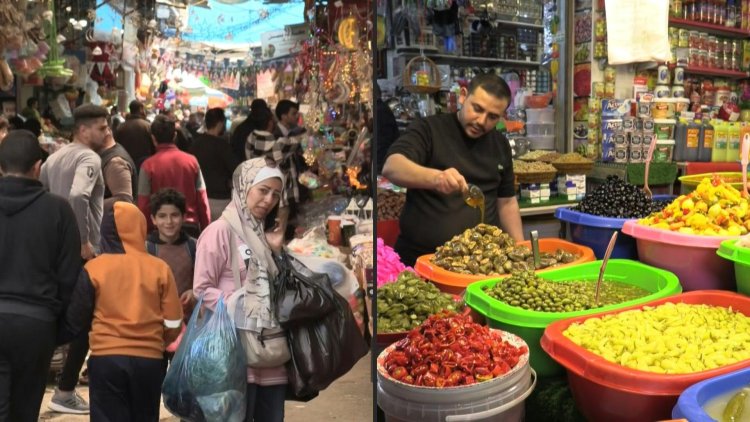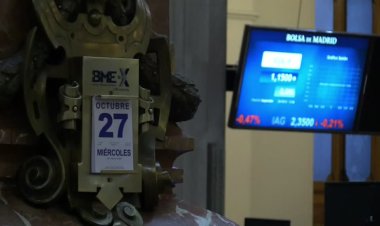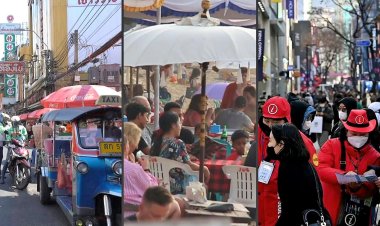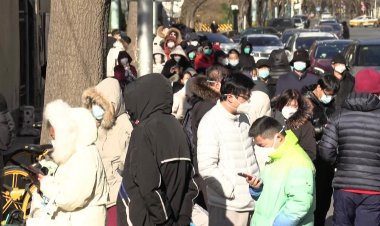Muslims face frugal Ramadan as Ukraine war drives up food prices

Russia's Ukraine invasion, which has already exacerbated food woes in parts of Africa and the Middle East, is marring preparations for the holy month of Ramadan and forcing a turn to frugal iftar sunset meals.
From Lebanon to Tunisia and Somalia, Muslims who traditionally break a dawn-to-dusk fast with lavish family meals, are now struggling to secure even the most basic staples in light of skyrocketing food and fuel prices.
"High prices affect and spoil the spirit of Ramadan," said Sabah Fatoum, a resident of the Israeli-blockaded Gaza strip, where consumer goods prices have climbed by up to 11 percent, according to Palestinian authorities.
"We hear that prices will rise even more... it's a burden for people," the 45-year-old said ahead of the holy month that starts this weekend with the sighting of the crescent moon.
Russia and Ukraine, with vast grain-growing regions that are among the world's main breadbaskets, account for a huge share of the globe's exports in several major commodities such as wheat, vegetable oil and corn.
The disruption in export flows resulting from Russia's invasion and international sanctions has spurred fears of a global hunger crisis, especially across the Middle East and Africa, where the knock-on effects are already playing out.
The toll is most evident in countries such as Yemen, the Arab world's poorest, where a devastating war since 2014 has sparked one of the world's worst humanitarian crises.
Food prices there have doubled since last year and the fact that Ukraine supplies nearly a third of Yemen's wheat imports has heightened fears of a deepening famine.
Mohsen Saleh, a resident of the capital Sanaa, said that every year prices shoot up ahead of Ramadan, "but this year, they have increased in a crazy way, people can't take it".
"The economic situation is very difficult," the 43-year-old said. "Most people in Yemen are poor and exhausted."
In Syria, where a conflict since 2011 has plunged nearly 60 percent of the population into food insecurity, Ramadan to many has become a painful reminder of better, bygone days.
Cooking oil has more than doubled in price since the start of the Ukraine war and is sold in limited quantities.
The Syrian government, not spared by its status as a staunch Moscow ally, is also rationing wheat, sugar and rice.















